Introduction and Research Context
The study addresses a fundamental challenge in equine nutrition: horses require high-fiber diets for proper digestive function, yet these feeds typically have low protein content and poor nutrient digestibility. Researchers investigated the effects of supplementing horses' high-fiber diets with fibrolytic enzymes, examining impacts on nutrient digestion, blood chemistry, fecal coliform counts, and in vitro fecal fermentation.
Study Design and Methodology
Sixteen Quarter Horse mares (450-500 kg) participated in this complete randomized trial with four treatment groups. The control group received no enzyme supplementation, while three experimental groups received different enzyme treatments: cellulase (10 mL/mare/day), xylanase (10 mL/mare/day), or a mixture of both (5 mL each/mare/day). All horses consumed a basic diet of 50-50 commercial concentrate and wheat bran (4 kg/horse), plus unlimited oat straw. The 15-day study included a 10-day adaptation period followed by 5 days of data collection.
Key Findings on Feed Intake and Digestibility
The most striking result was the substantial increase in oat straw consumption, with enzyme-supplemented horses showing 67-83% higher intake compared to the control group. This increased consumption was accompanied by improved overall nutrient digestibility across all enzyme-supplemented groups, suggesting enhanced feed utilization efficiency.
Blood Chemistry and Gut Health
The enzyme supplementation led to increased blood total protein levels across all treatment groups. Notably, horses receiving xylanase showed elevated liver enzyme levels (alanine transaminase and aspartate aminotransferase). In terms of gut health, the combined enzyme treatment (cellulase and xylanase) resulted in reduced fecal coliform counts compared to the control group.
Fermentation Characteristics
In vitro testing revealed interesting patterns in fermentation dynamics. Enzyme supplementation affected gas production patterns and improved dry matter degradability. The study found varying effects on methane production: individual enzymes decreased methane production at 24 hours of incubation, while the combined treatment increased production at 48 hours.
Significance for Horse Management
These findings are particularly relevant given the common practice of feeding high-grain diets, which can lead to health issues such as gastric ulceration, laminitis, hindgut acidosis, and colic. The study suggests that enzyme supplementation could be a valuable tool in making high-fiber diets more nutritionally effective, potentially reducing reliance on grain-heavy feeding programs.
Comparison with Previous Research
While exogenous fibrolytic enzymes have shown positive effects in ruminant nutrition, their application in horse nutrition has historically produced mixed results. Some studies demonstrated improved fiber digestion, while others reported decreased digestibility. This comprehensive study, examining multiple parameters, provides stronger evidence for the benefits of enzyme supplementation.
Practical Implications
The successful improvement in feed intake and nutrient digestibility without adverse health effects suggests a practical method for enhancing the nutritional value of high-fiber feeds. This could benefit horse owners and managers seeking to maintain their animals on more natural, fiber-based diets while meeting nutritional requirements, particularly for horses prone to metabolic disorders.
Future Research Directions
The study opens new avenues for research, particularly in understanding the mechanisms behind these effects and optimizing enzyme supplementation strategies. Further investigation is needed to determine long-term effects and applications across different feeding situations and horse populations with varying nutritional needs.
Conclusion
The research demonstrates that adding fibrolytic enzymes at 10 mL/horse/day successfully improves feed intake and nutrient digestibility while maintaining horse health. This finding provides a promising approach to enhancing high-fiber diets in equine nutrition, potentially revolutionizing how we meet horses' nutritional needs while supporting their natural digestive processes.
View Full Study

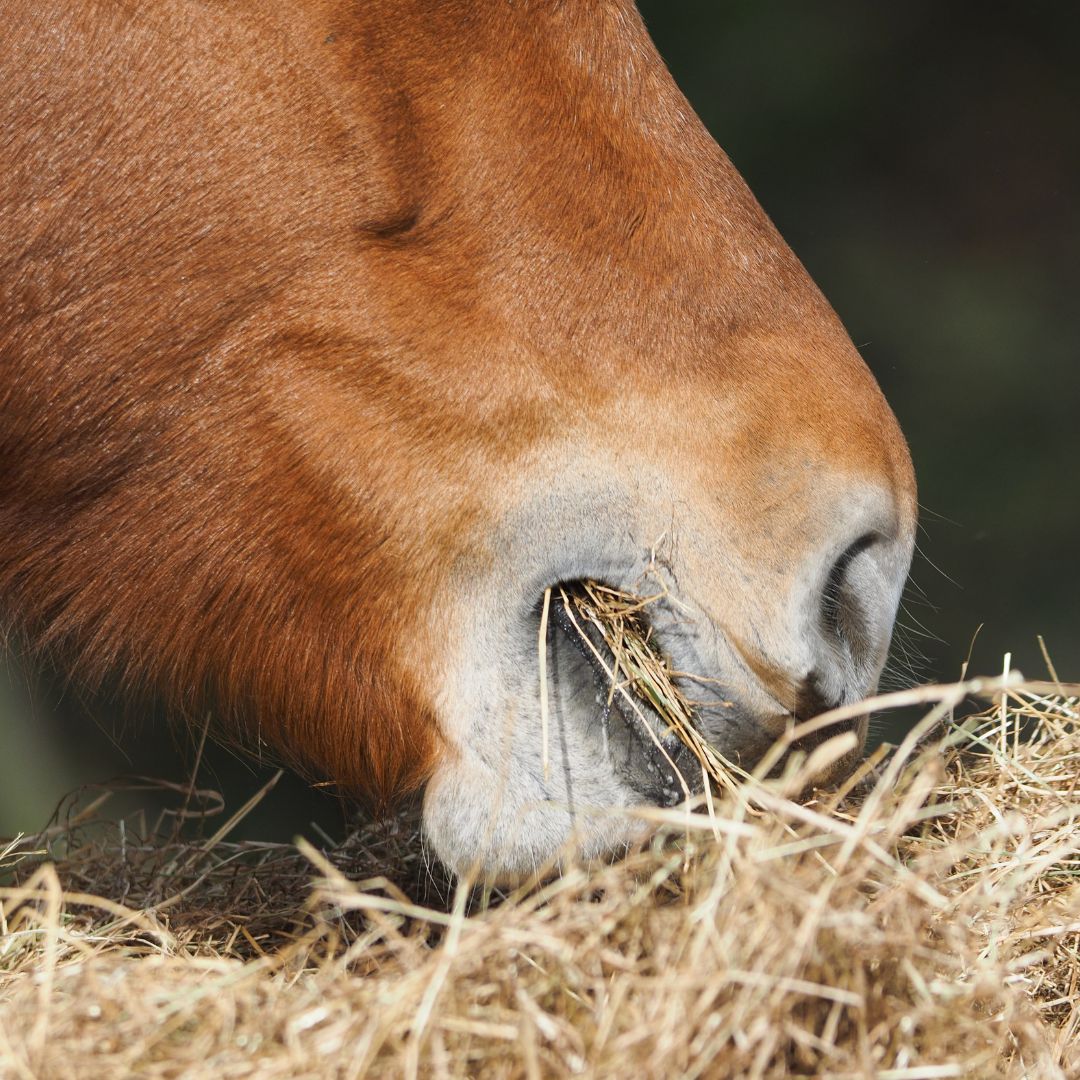
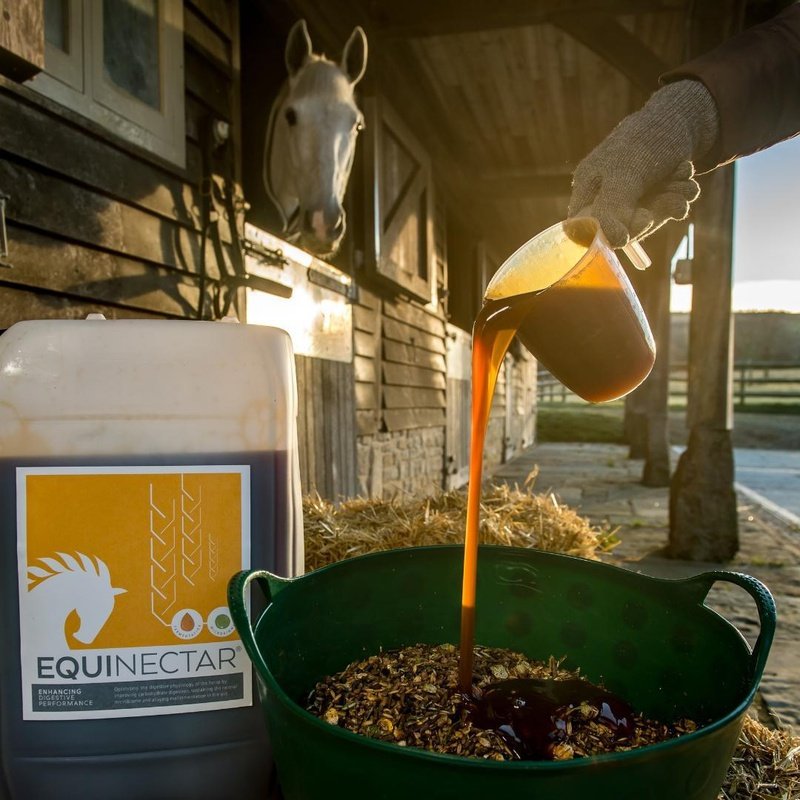

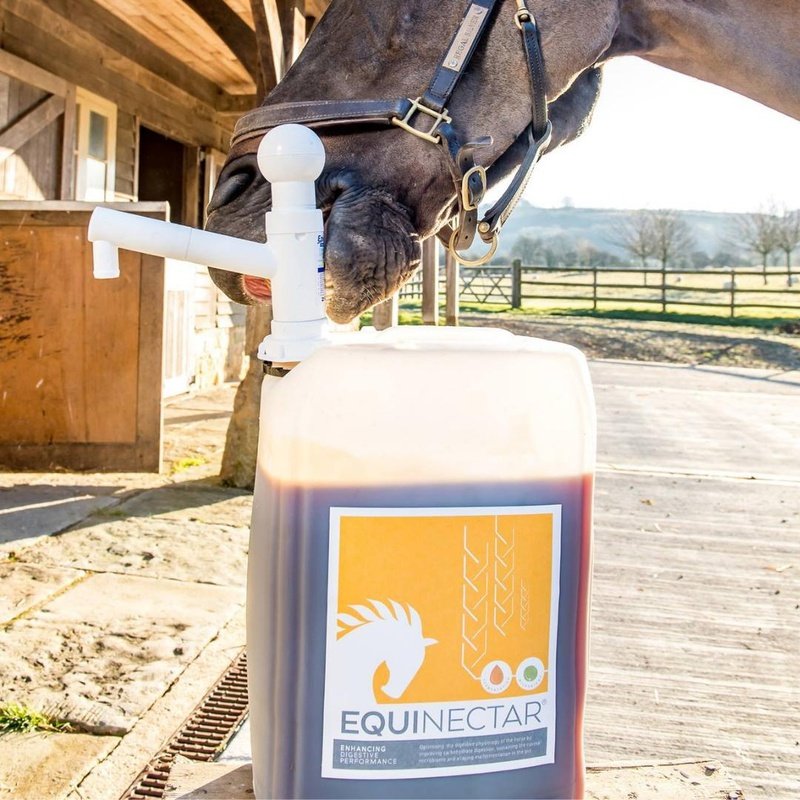
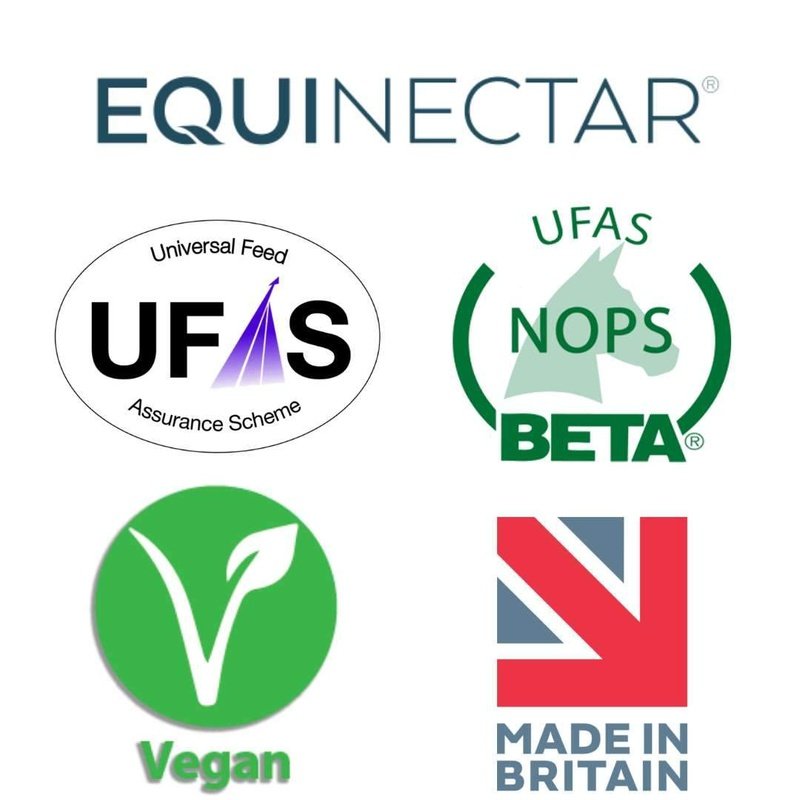
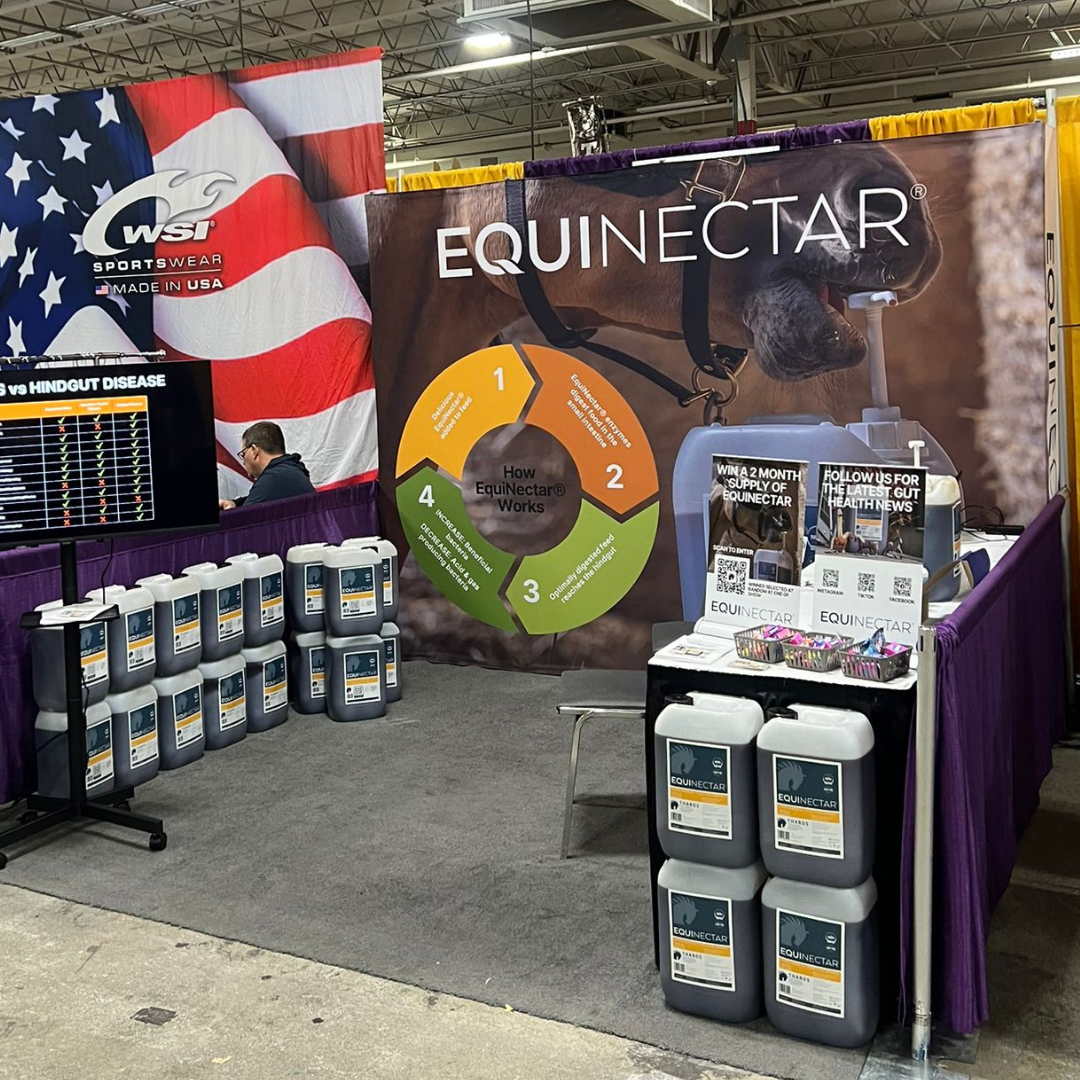

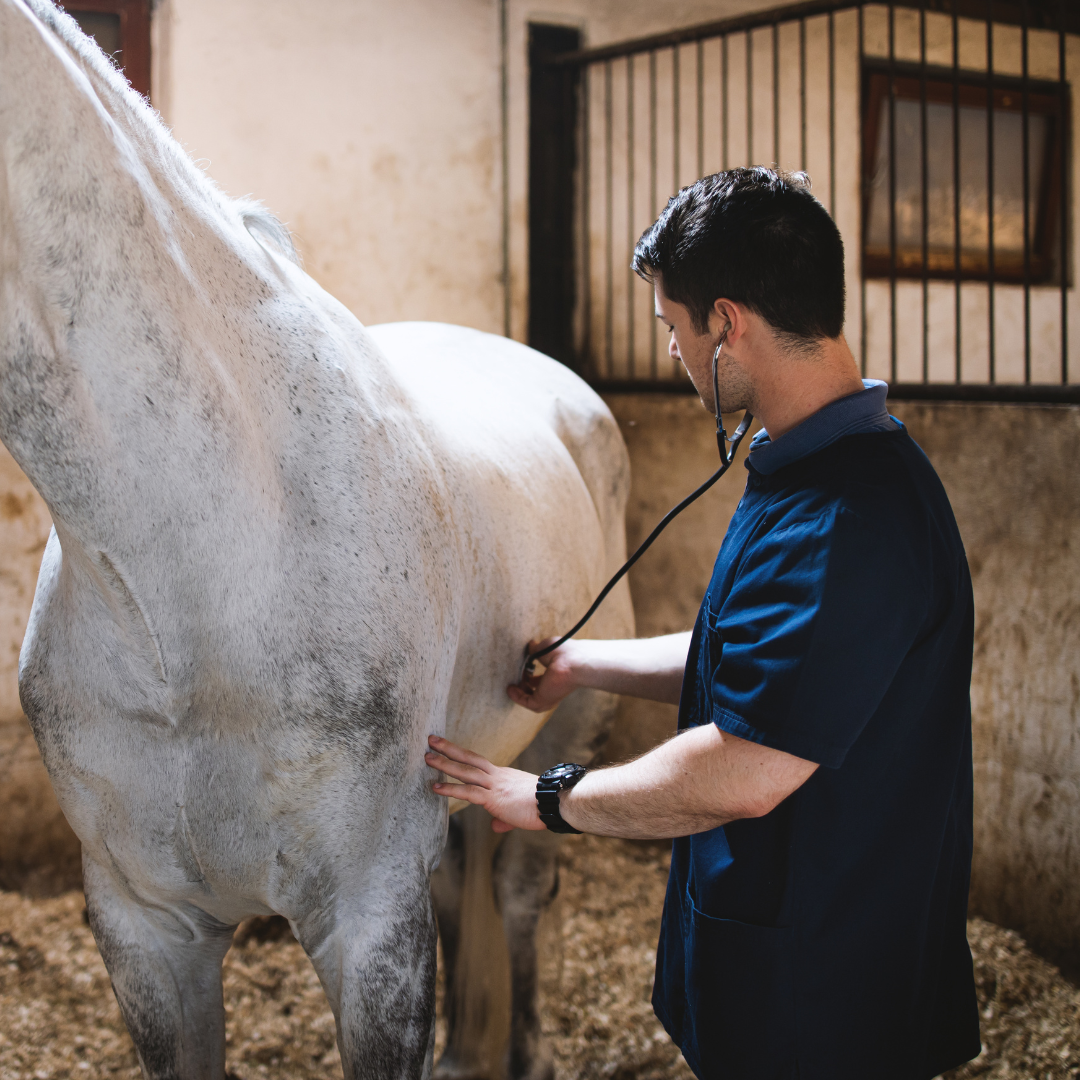
Share: